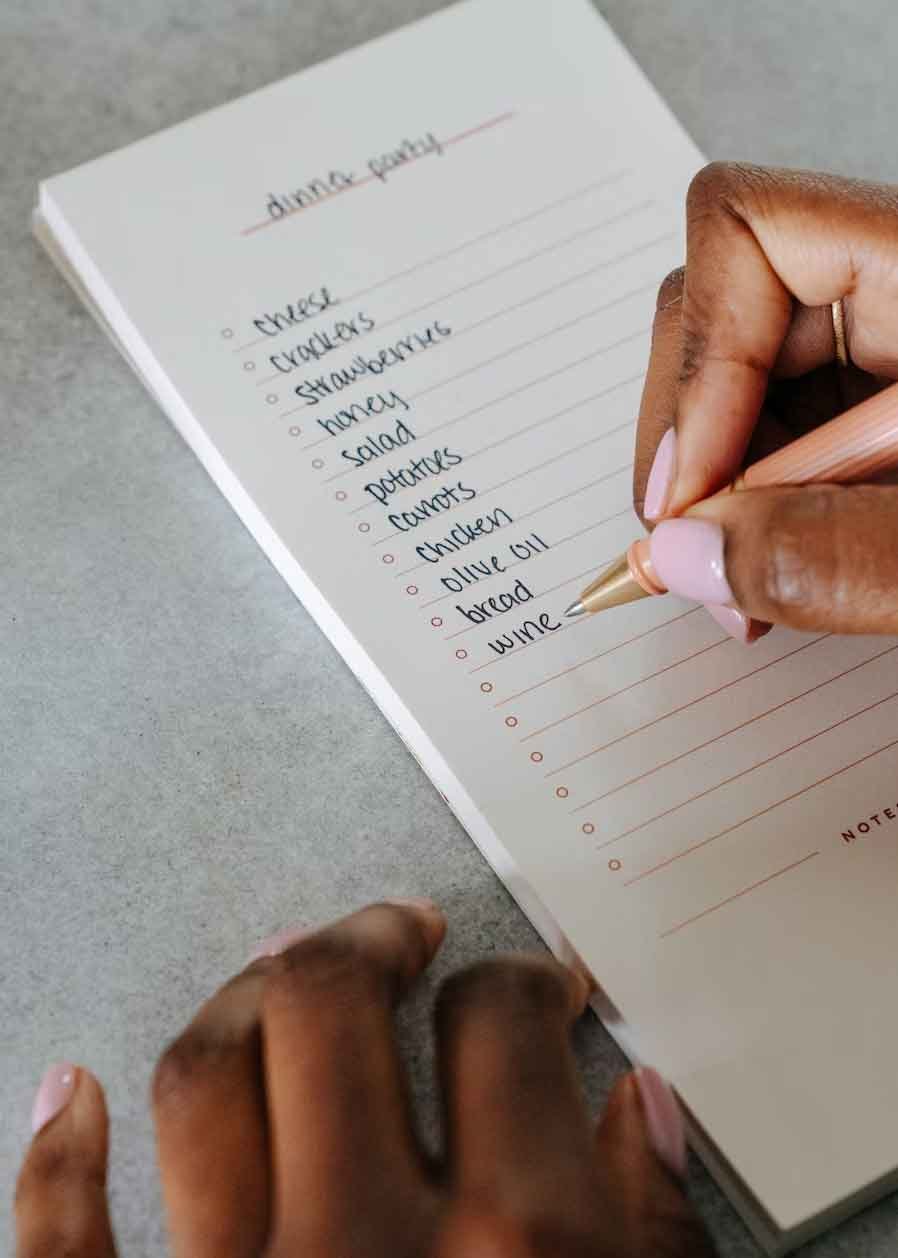How to Minimise Food Waste: Practical Tips for a Sustainable Future
Food waste is a global issue with far-reaching environmental, economic, and social consequences. According to the Food and Agriculture Organisation (FAO) of the United Nations, approximately one-third of all food produced for human consumption goes to waste each year. This staggering statistic highlights the urgent need for individuals, communities, and businesses to take action and minimise food waste.
Reducing food waste is not only beneficial for the environment but also for our wallets. By adopting mindful practices and making simple changes in our daily routines, we can significantly reduce food waste and contribute to a more sustainable future. In this article, we will explore practical tips and strategies to minimise food waste at home, during grocery shopping, and in the larger food system.
Understand Expiration Dates and Food Storage
Understanding expiration dates and proper food storage is essential for minimising food waste. Many people misunderstand expiration dates and mistakenly discard perfectly edible food. Here's what you need to know:
Sell-by date: This is a guideline for retailers, indicating the last day the product should be displayed for sale. It does not necessarily mean the food is unsafe to consume after that date.
Best before date: This indicates the date until which the product is at its peak quality, but it can still be consumed safely after that date.
Use-by date: This is the last date recommended for use, especially for perishable items like meat or dairy. Consuming these products after the use-by date can pose health risks.
Proper food storage is equally important. Some tips include:
Store perishable items in the refrigerator promptly.
Keep fruits and vegetables in the crisper drawer to maintain freshness.
Use airtight containers to store leftovers and maintain their quality.
Freeze excess food to extend its shelf life.
Plan Meals and Make a Shopping List
Meal planning and creating a shopping list can help reduce food waste by ensuring you only buy what you need. Follow these steps:
Assess your kitchen inventory: Before making a shopping list, take stock of what you already have. This prevents unnecessary purchases and helps you utilise ingredients you already possess.
Plan meals ahead: Plan your meals for the week, considering ingredients that need to be used before they spoil. This way, you can create a balanced shopping list.
Stick to the list: While shopping, resist the temptation to impulse buy. Stick to your planned list and avoid purchasing items that might end up going to waste.
Smart Shopping Habits
When grocery shopping, adopting smart habits can go a long way in minimising food waste:
Buy in bulk wisely: Buying in bulk can be cost-effective, but only if you can consume or properly store the quantities before they spoil. Be mindful of perishable items and buy non-perishables in bulk.
Choose "ugly" produce: Many perfectly edible but visually imperfect fruits and vegetables often go to waste due to cosmetic standards. Support initiatives that sell these products at a reduced price or consider using them in creative ways, such as making smoothies or soups.
Be mindful of expiration dates: Check expiration dates before purchasing products. Choose items with a longer shelf life or products that can be frozen for later use.
Composting and Food Rescue
When all else fails, composting and food rescue initiatives can help divert food waste from landfills:
Composting: Composting is a sustainable way to dispose of food scraps and create nutrient-rich soil for gardening. Research local composting options or start your own compost bin at home.
Food rescue organisations: Many communities have food rescue organisations that collect excess food from restaurants, supermarkets, and households to distribute it to those in need. Support these initiatives by donating surplus food or volunteering your time.
Proper Portioning and Leftovers
Proper portioning during meal preparation and utilising leftovers can significantly reduce food waste:
Portion control: Serve appropriate portion sizes to avoid leftovers that may go uneaten. Start with smaller portions and allow people to take second helpings if desired.
Save and repurpose leftovers: Store leftovers in airtight containers and use them for future meals. Get creative by transforming leftovers into new dishes or incorporating them into salads, stir-fries, or sandwiches.
Minimising food waste is a shared responsibility that starts with individual actions. By understanding expiration dates, planning meals, adopting smart shopping habits, practicing proper portioning, and utilising leftovers, we can make a significant impact in reducing food waste.
In the hustle and bustle of daily life, it's easy to overlook the importance of planning and organisation, especially when it comes to grocery shopping.
Preparing an outdoor table in a garden for a festive occasion can be a fun and exciting task.
Creating a meal plan can be a helpful way to organise your meals and ensure you're eating a balanced and nutritious diet.









